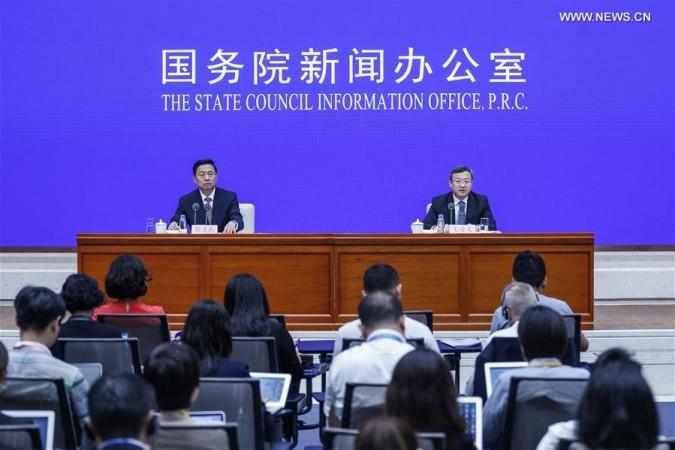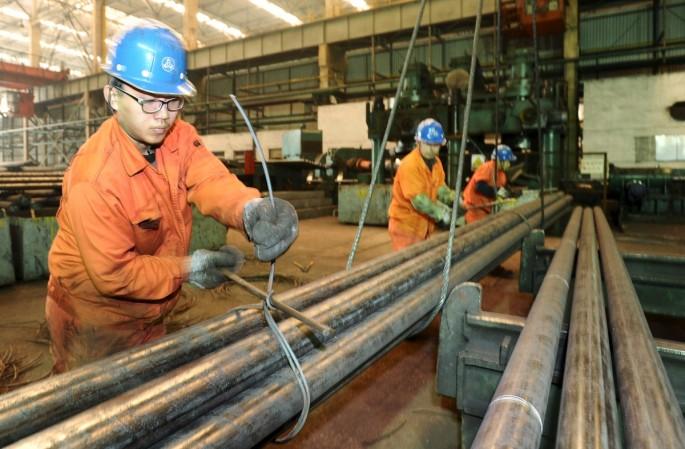
The global economy is drifting towards prolonged recession that could hit in as few as three fiscal quarters while the two largest economies are escalating the situation with trade war rhetoric. Investors are generally aware of the possibility of the US-China trade war triggering a global recession. However, that awareness has not translated into modified market strategies to tide over a prolonged period of recession unlike any in recent times, according to a research note by Morgan Stanley. The note said traders are overlooking the immediacy of the threat posed by the intensifying trade war threats as the global economy could be in recession in as few as three quarters.
"Investors are generally of the view that the trade dispute could drag on for longer, but they appear to be overlooking its potential impact on the global macro outlook," according to Chetan Ahya, the investment bank's chief economist. "Investors are generally of the view that the trade dispute could drag on for longer, but they appear to be overlooking its potential impact on the global macro outlook," an article on the CNBC website said, quoting Ahya.
US President Donald Trump has threatened to slap higher tariffs on Chinese imports worth $300 billion after China responded to an earlier instalment of Trump tariff rap on imports worth $200 billion with increased tariffs on US imports worth $60 billion. Chinese President Xi Jinping has since hardened his stance and Beijing has blamed Washington for the worsening trade relations. The Chinese government has released a white paper accusing the US of starting the trade war and said Trump is an unreliable negotiating partner. The document has warned of global implications for the trade war.

Global markets have been jittery since Trump unleashed a tweet war ahead of raising tariffs on Chinese imports to 25 per cent from 10 per cent affecting $200 billion in trade. Asian markets have already been spooked by the more than expected contraction of industrial production in China as shown by the purchasing managers' index (PMI) that dipped below the desirable 50 in May. Chinese indices, Hong Kong's Hang Seng and Shanghai Composite slipped 0.13 per cent and 0.3 per cent respectively in early trade on Monday. European bourses were on the decline while Nasdaq and Dow Jones in the US closed in the red on Friday.
Ahya said in the note that the outcome of the trade war at the moment "is highly uncertain" but warned that if the US follows through with 25 per cent tariffs on the additional Chinese imports, "We could end up in a recession in three quarters." Ahya said he did not think such would be alarmist. Investors are not fully appreciating the effect that reduced capital expenditures could have on the economy driving down global demand.
An economic slowdown in early 2020 could hamper Trump's bid to return to the White House, according to observers. Trump has campaigned on boosting growth and lowering unemployment and made his deal-making abilities a signature aspect of his 2016 campaign. The next presidential vote is in November of next year. The bank says any measures that national policymakers might take to soften the impact of a recession would still suffer from the usual lag affecting the real economy.

















